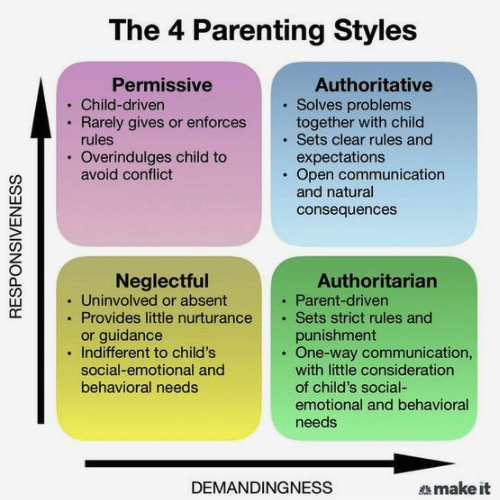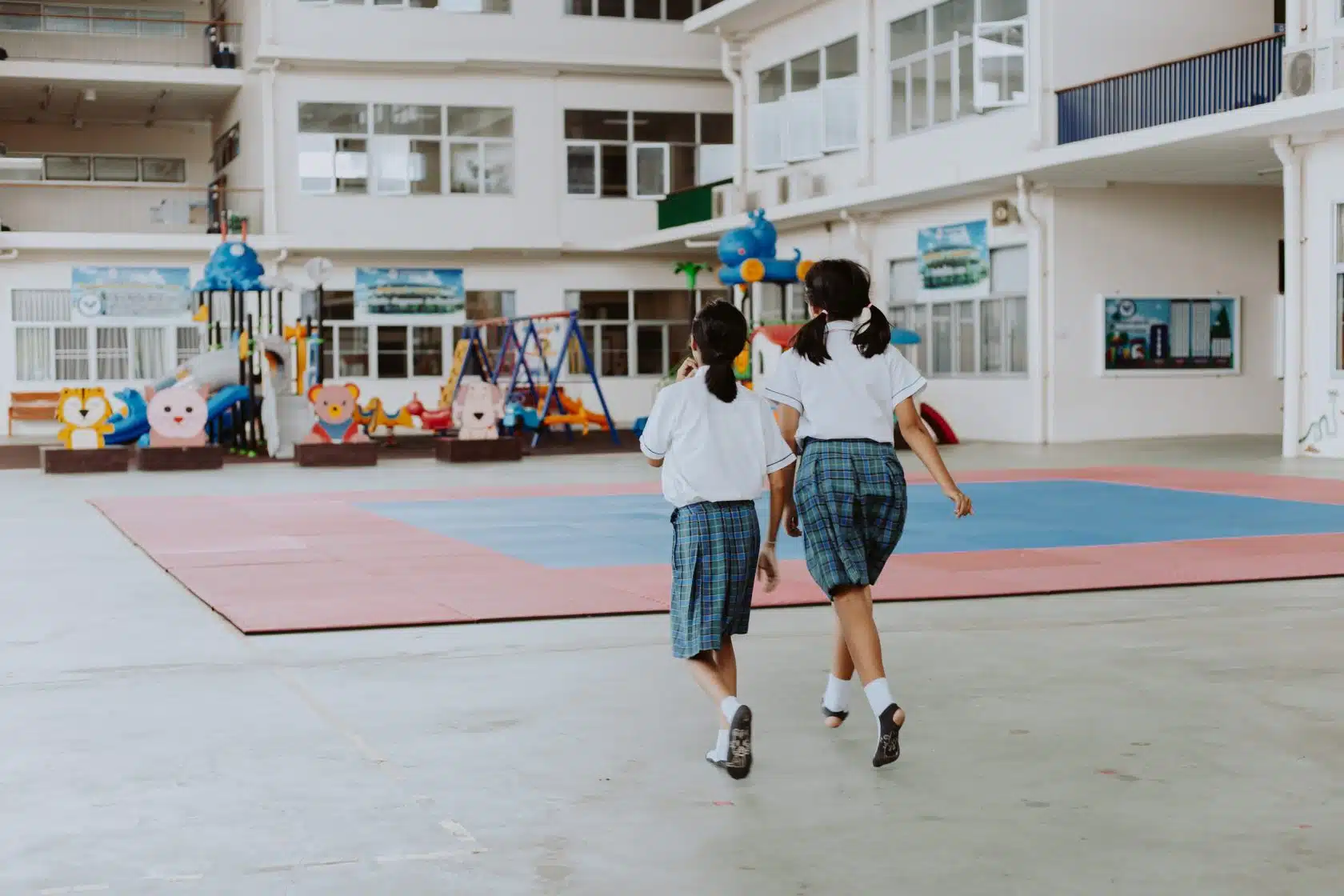Meet Susie, a bright and enthusiastic young girl with special needs. Through her journey, we can explore how interpersonal relationships play a crucial role in her life, helping her grow and thrive. Let’s dive into a story that illustrates the concept of interpersonal relationships in action:
- School:
- Susie attends a school where inclusivity is celebrated, and children of all abilities learn side by side. Her classmates, Emma and Alex, embrace her warmly, engaging her in conversations and activities during recess.
- The teacher, Mrs. Johnson, recognizes the importance of fostering positive interpersonal relationships. She assigns group projects encouraging collaboration, allowing Susie to work alongside her peers, and building trust and friendship.
- Support Network:
- Susie’s parents, Mr. and Mrs. Thompson, understand the significance of a strong support network. They actively participate in parent support groups and connect with families with children with similar needs. This network provides emotional support, advice, and valuable insights into navigating challenges.
- Friendship:
- Susie’s neighbor, Sarah, is her best friend. Sarah genuinely cares for Susie, and they spend time together playing games, going to the park, and sharing their dreams. Through this friendship, Susie learns the value of loyalty, trust, and the joy of true companionship.
- Community Engagement:
- Susie’s community organizes inclusive events and activities that unite people of all abilities. During a local charity run, Susie teams up with a volunteer buddy, Mark, who guides her through the course, cheering her on and celebrating her accomplishments.
- Therapy and Professionals:
- Susie’s occupational therapist, Ms. Rodriguez, incorporates interpersonal skills development into her sessions. Through role-playing and interactive games, Susie learns how to initiate conversations, maintain eye contact, and interpret non-verbal cues, enhancing her ability to connect with others.
- Celebrating Differences:
- Susie’s school organizes an assembly focused on neurodiversity awareness. Through presentations and activities, Susie’s classmates gain a deeper understanding of her unique abilities and challenges. They embrace her differences, fostering a culture of acceptance and inclusion.
- Family Bonds:
- Susie’s older brother, Jake, plays a crucial role in her life. He stands up for her when she faces challenges and includes her in his group of friends. Their bond strengthens through shared experiences, creating a lasting connection of love and support.
As Susie’s story unfolds, we witness how interpersonal relationships shape her life positively. Her peers, family, professionals, and community support allow her to thrive, building confidence, resilience, and a sense of belonging. Through these meaningful connections, Susie’s interpersonal relationships contribute to her overall happiness and growth, highlighting the importance of nurturing and celebrating neurodiversity in all aspects of life.














